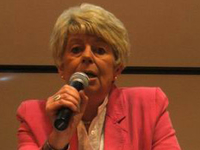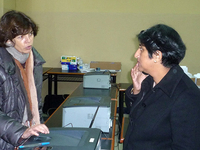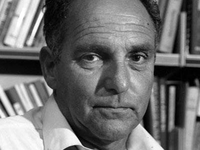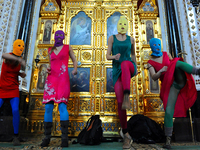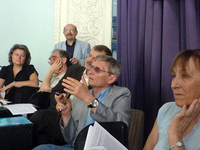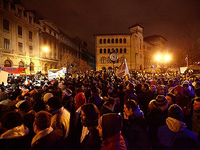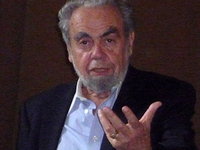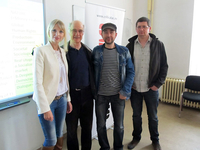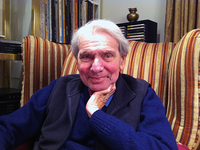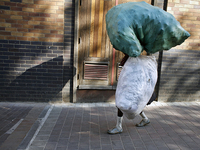GD 3.1 - November 2012
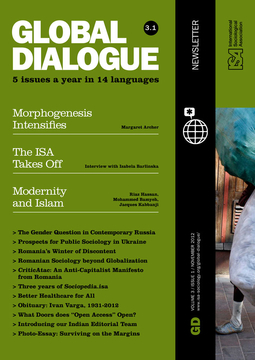
Global Dialogue is available in multiple languages!
Select the language to download the issue.
Editors:
Michael Burawoy.
Associate Editor:
Margaret Abraham, Tina Uys, Raquel Sosa, Jennifer Platt, Robert Van Krieken.
Managing Editors:
Lola Busuttil, August Bagà.
Media Consultant:
Annie Lin, José Reguera.
Consulting Editors:
Izabela Barlinska, Louis Chauvel, Dilek Cindoğlu, Tom Dwyer, Jan Fritz, Sari Hanafi , Jaime Jiménez, Habibul Khondker, Simon Mapadimeng, Ishwar Modi, Nikita Pokrovsky, Emma Porio, Yoshimichi Sato, Vineeta Sinha, Benjamin Tejerina, Chin-Chun Yi, Elena Zdravomyslova.
REGIONAL EDITORS
Arab World: Sari Hanafi , Mounir Saidani.
Brazil: Gustavo Taniguti, Juliana Tonche, Pedro Mancini, Célia da Graça Arribas, Andreza Galli, Renata Barreto Preturlan, Rossana Marinho.
Colombia: María José Álvarez Rivadulla, Sebastián Villamizar Santamaría, Andrés Castro Araújo.
India: Ishwar Modi, Rajiv Gupta, Rashmi Jain, Uday Singh.
Iran: Reyhaneh Javadi, Najmeh Taheri, Hamidreza Rafatnejad, Shahrad Shahvand, Saghar Bozorgi, Tara Asgari Laleh, Nastaran Mahmoodzade.
Japan: Kazuhisa Nishihara, Mari Shiba, Kousuke Himeno, Tomohiro Takami, Yutaka Iwadate, Kazuhiro Ikeda, Yu Fukuda, Michiko Sambe, Takako Sato, Shohei Ogawa, Tomoyuki Ide, Yuko Hotta, Yusuke Kosaka.
Poland: Mikołaj Mierzejewski, Karolina Mikołajewska, Jakub Rozenbaum, Michał Chełmiński, Krzysztof Gubański, Emilia Hudzińska, Julia Legat, Kamil Lipiński, Adam Müller, Mikołaj Niziński, Tomasz Piątek, Anna Piekutowska, Anna Rzeźnik, Konrad Siemaszko, Zofia Włodarczyk.
Romania: Cosima Rughinis, Ileana Cinziana Surdu.
Russia: Elena Zdravomyslova, Anna Kadnikova, Elena Nikiforova, Asja Voronkova.
Taiwan: Jing-Mao Ho.
Turkey: Aytül Kasapoğlu, Nilay Çabuk Kaya, Günnur Ertong, Yonca Odabaş, Zeynep Baykal.
GD 3.1 - November 2012
Editorial
The Question of Language
The Second ISA Forum was a great success. 3,600 registered participants in 55 Research Committees (RCs), Thematic Groups (TGs), and Working Groups (WGs) gathered together at the Economics Faculty of the University of Buenos Aires, August 1-4. For the success we have to thank the dedication of Margaret Abraham, ISA Vice-President for Research and President of the Forum; Izabela Barlinska and her staff at the ISA Secretariat; and Alberto Bialakowsky and Alicia Palermo, President and co-President of the Local Organizing Committee. No less important were the organizational skills and devotion of the leaders of the RCs, TGs and WGs who had to cope with overflowing demand for participation on panels. We left Buenos Aires enthused by transcontinental discussions, impressed by Latin American sociology, ready to march forward to the Yokohama Congress in 2014.
The last time we were in Latin America was 1982 when our Congress was held in Mexico City. As Izabela Barlinska recounts in the interview published in this issue of Global Dialogue, this was a tempestuous meeting with local participants rightly incensed by English linguistic imperialism. Only some years after that 1982 Congress did Spanish join French and English as an official language of the ISA. 30 years later we were more successful in managing the language problem, with simultaneous translation of the plenaries, with a Spanish stream of sessions, with multilingual panels, and with everyone helping out in different ways to communicate across languages.
Over the last 30 years our meetings have become more inclusive along many dimensions, not least language. At the same time, English has become even more dominant as a lingua franca, increasingly adopted as the preferred second language across the planet. Undoubtedly, this has its benefits, enlarging the scope of sociology, giving many access to a wealth of new opportunities and materials. Yet, the expansion of English has generated its own inequalities: a deeper exclusion of those not familiar with English, and the creation of hierarchies among those who are. Fluency in English, far more than in any other language, brings enormous advantages whether in oral presentations or in publishing articles, and thereby becomes a marker of distinction not just globally but, no less important, within national scientific communities (where English is a second language).
As universities enter worldwide competition for symbolic status (bringing with it material rewards), so publication in international journals is at a premium. That means not just publishing in English but conducting research within frameworks and paradigms that are often alien to the problems and issues of the author’s own society. Palestinian sociologist Sari Hanafi puts it this way: “Publish globally and perish locally OR publish locally and perish globally.” Meeting this challenge means being bilingual, bi-professional, doing double work, speaking to multiple audiences. That goes for the parochial sociologies of the US and UK no less than for others. In these regards the Buenos Aires Forum has set new standards for a global sociology.
Michael Burawoy, editor of Global Dialogue
Global Dialogue can be found in multiple languages.
Submissions should be sent to globaldialogue@isa-sociology.org.

